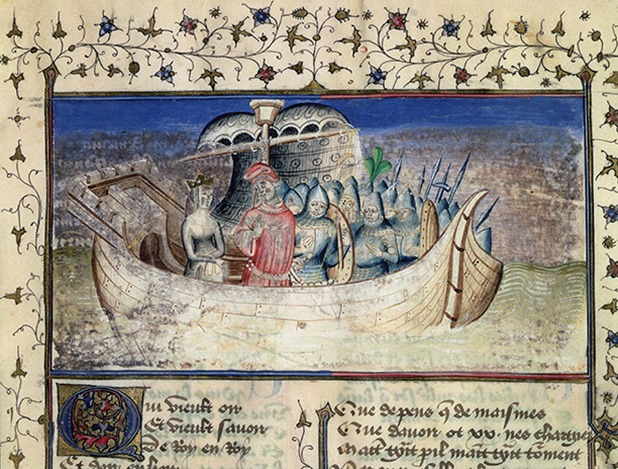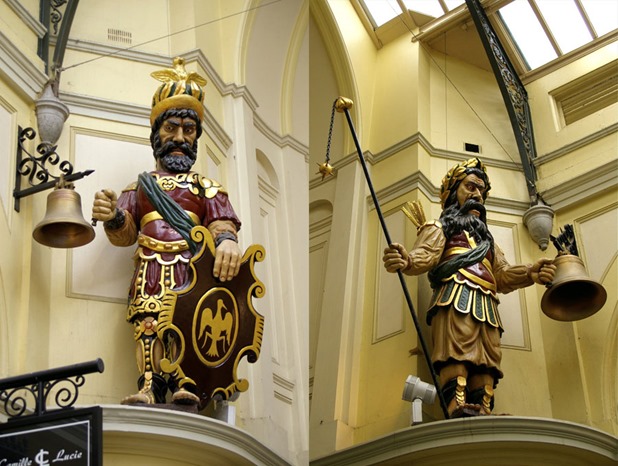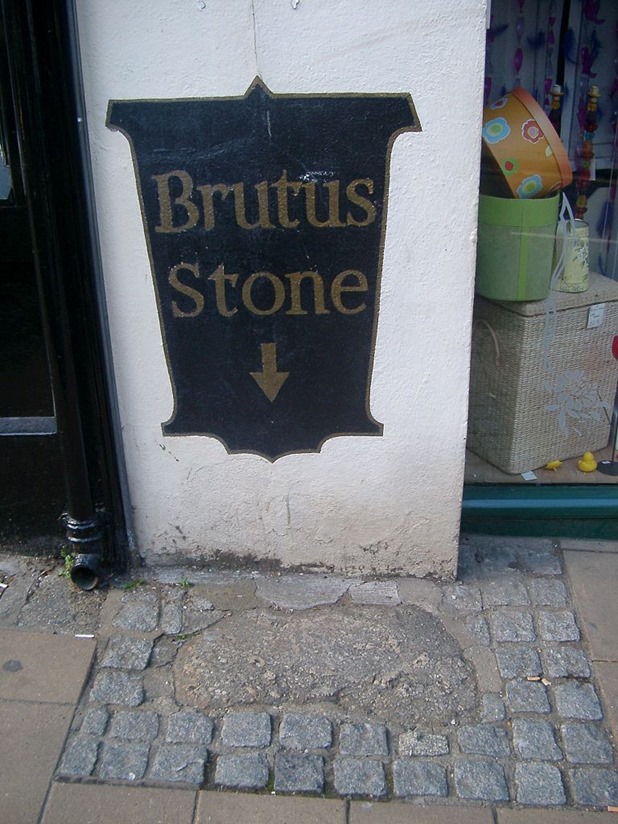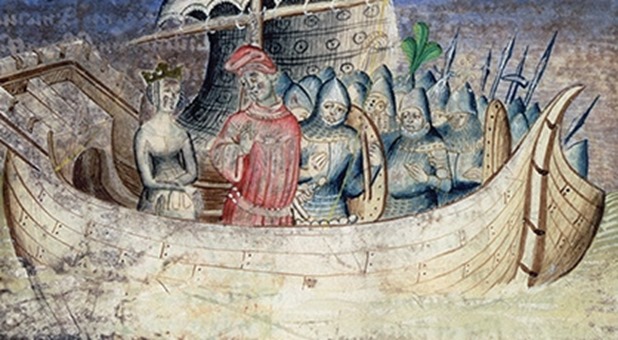Daily Stormer
November 6, 2015

Sven Longshanks presents a new 6-part series looking at the evidence for Brutus, the patriarch of Britain.
Radio Stormer Narrations: Brutus the Trojan Prince Part 1 – Brutus in the Chronicles of England
Starting with the history of Brutus the Trojan Prince as recorded in the Chronicles of England.
The Chronicles have been shown to be mostly accurate, with a large number of the kings listed within them being found on pre-Roman coinage.
There is more detail about Brutus in there than any other monarch and the chronicles themselves were named after him, becoming later known as ‘The Brut.’
All the kings of the island from the time he settled it were descended from him and the settlers that he brought with him were his countrymen from Troy.
The Chronicles themselves were originally written in proto-Greek, then Latin and finally translated into olde English which is the form they can be found in now.
This version has had the English updated to modern language by LA Waddell.

Radio Stormer Narrations: Brutus the Trojan Prince Part 2 – The Homeric Brutus and Trinovantium
Homer wrote about a hero named Perithoos and his companion Coronus, in both the Iliad and the Odyssey and besides having similar names to Brutus and Corineus, they both had similar events happen to them.
Both defeated aboriginal tribes, both went wife hunting in the same area, both became great warrior-heroes in Greece, both conquered the king of Greece, both had a son who co-ruled with the son of Coronus/Corineus and there are other similarities as well, that LA Waddell has noted here.
In the second part of the narration, Waddell looks at the way the the Trojan colonists would name their new colonies after their old homeland. Besides the New Troy that became London, there were also New Troys in the Tiber valley and in Egypt. We see the same thing still happening today with New York.
The Troy Niendi of Brutus, became the Tri-Noantes of Ptolemy and Tacitus and finally became the Tri-Novantes of Caesar, the name of the tribe that lived in the London area. Troe-Noey is even mentioned in the Gothic Eddas, along with Hedins-Eyio, or Edinburgh.
King Lud was a later king descended from Brutus, whose name became attached to the city and is why it later changed to Lud-Dun and London.

Radio Stormer Narrations: Brutus the Trojan Prince Part 3 – The Arrival of Brutus in Britain
Looking at similarities found between the relics of old Troy and the bronze age people of Britain, EO Gordon pieces together the evidence for the Trojan kinship of the British people in his book ‘Prehistoric London’ which is quoted in this narration.
The most ancient writers of Greece and Rome all concurred that the Kymry were the oldest family in the world and the proof of their early colonisation attempts can be found in places as diverse as Armenia and the Crimea.
The only two national names that this adventurous race were ever known by, were the Kymry and Y Lin Troia, the race of Troy.
As well as this being documented in the chronicles, the early history of Britain was also recorded by the Druids and can be found in the Triads and in the Welsh Bardic literature.
When Brutus arrived, Britain was already sparsely populated with his kinsmen from previous migrations and some of their story is told here, as related by the Triads.
New Narrations are played every weekday on our radio station at 12pm EST/5pm GMT, right after Stormfront and Dr David Duke.
Join the chat, Subscribe through iTunes, listen live or follow the feed.
Previous episodes can be found here.
